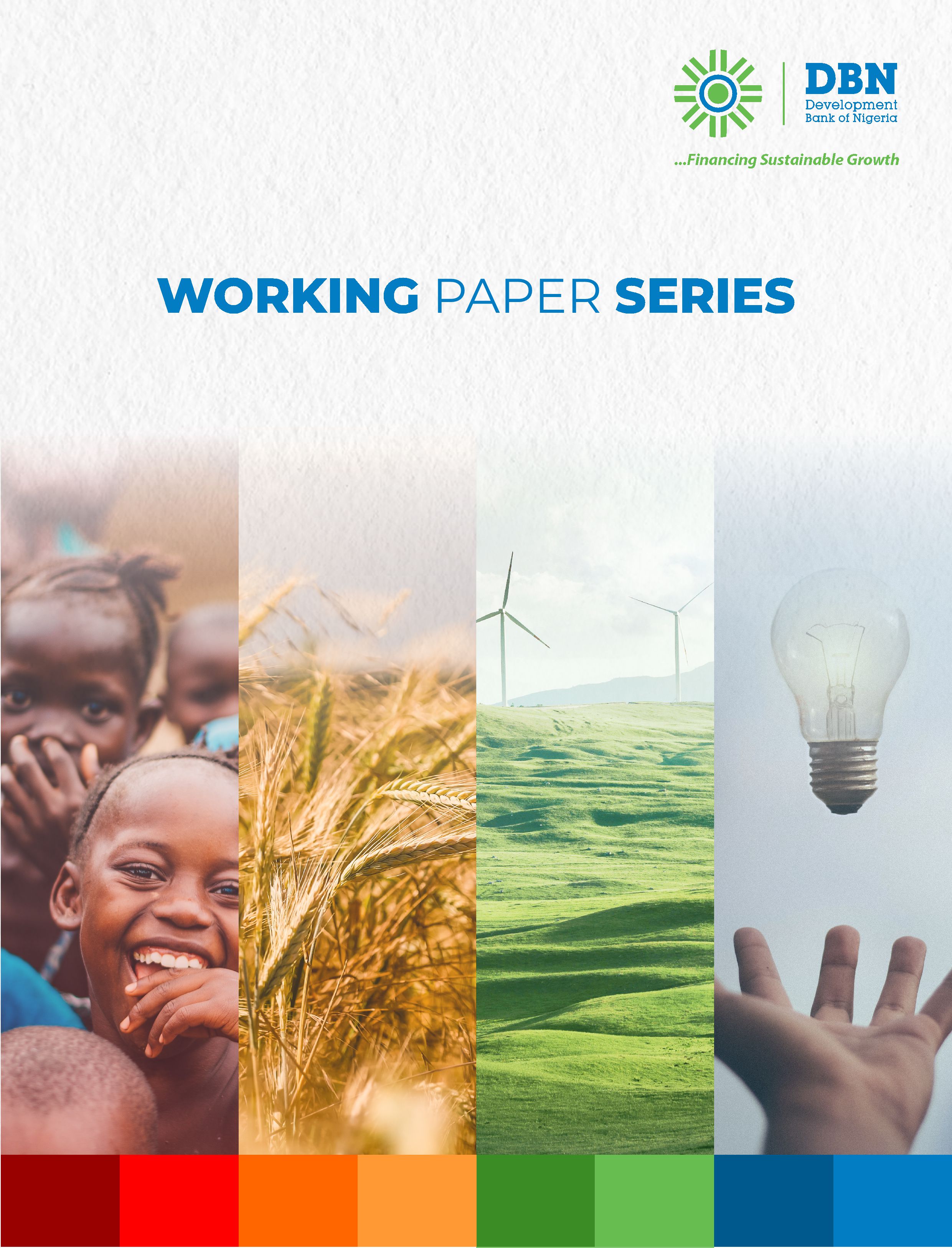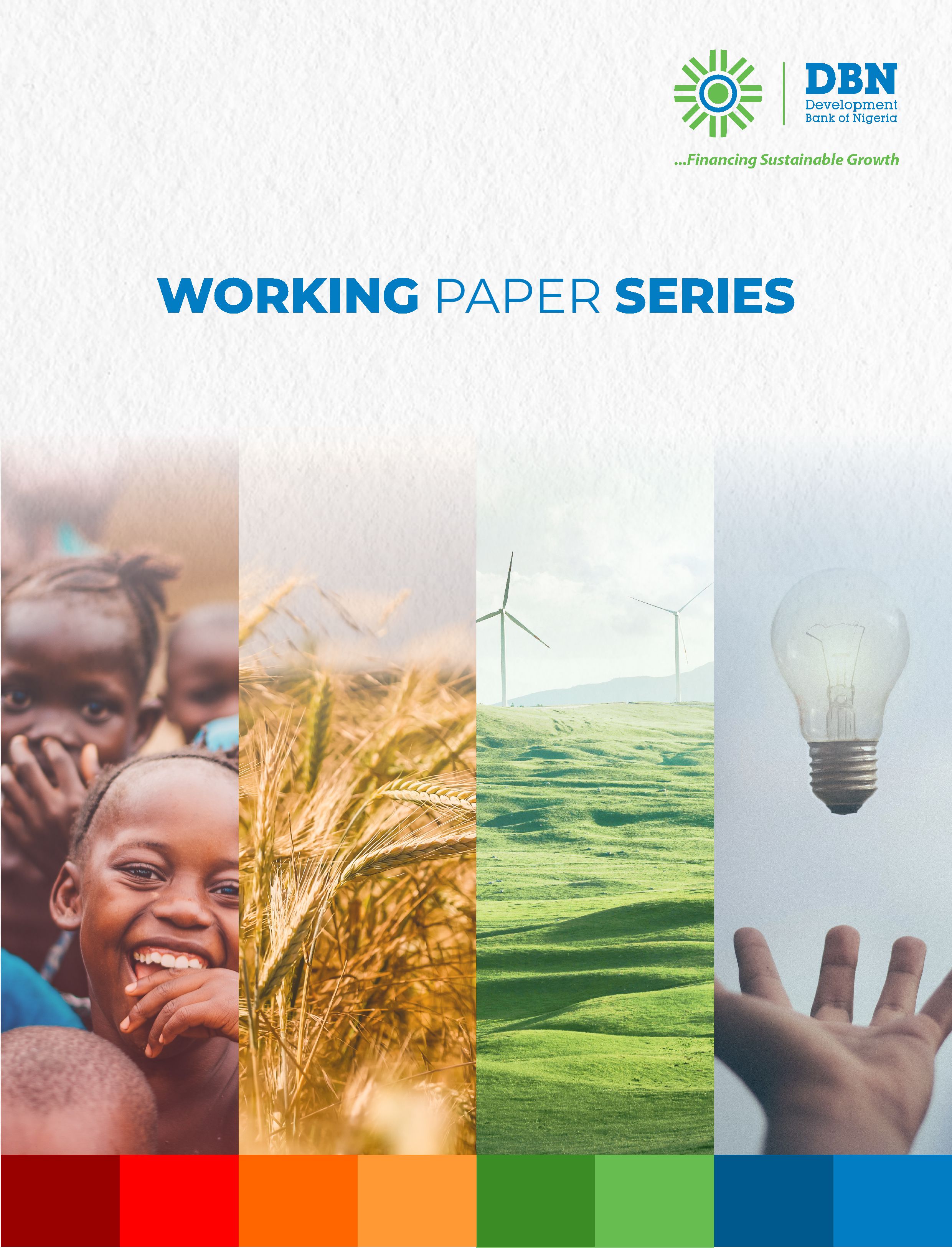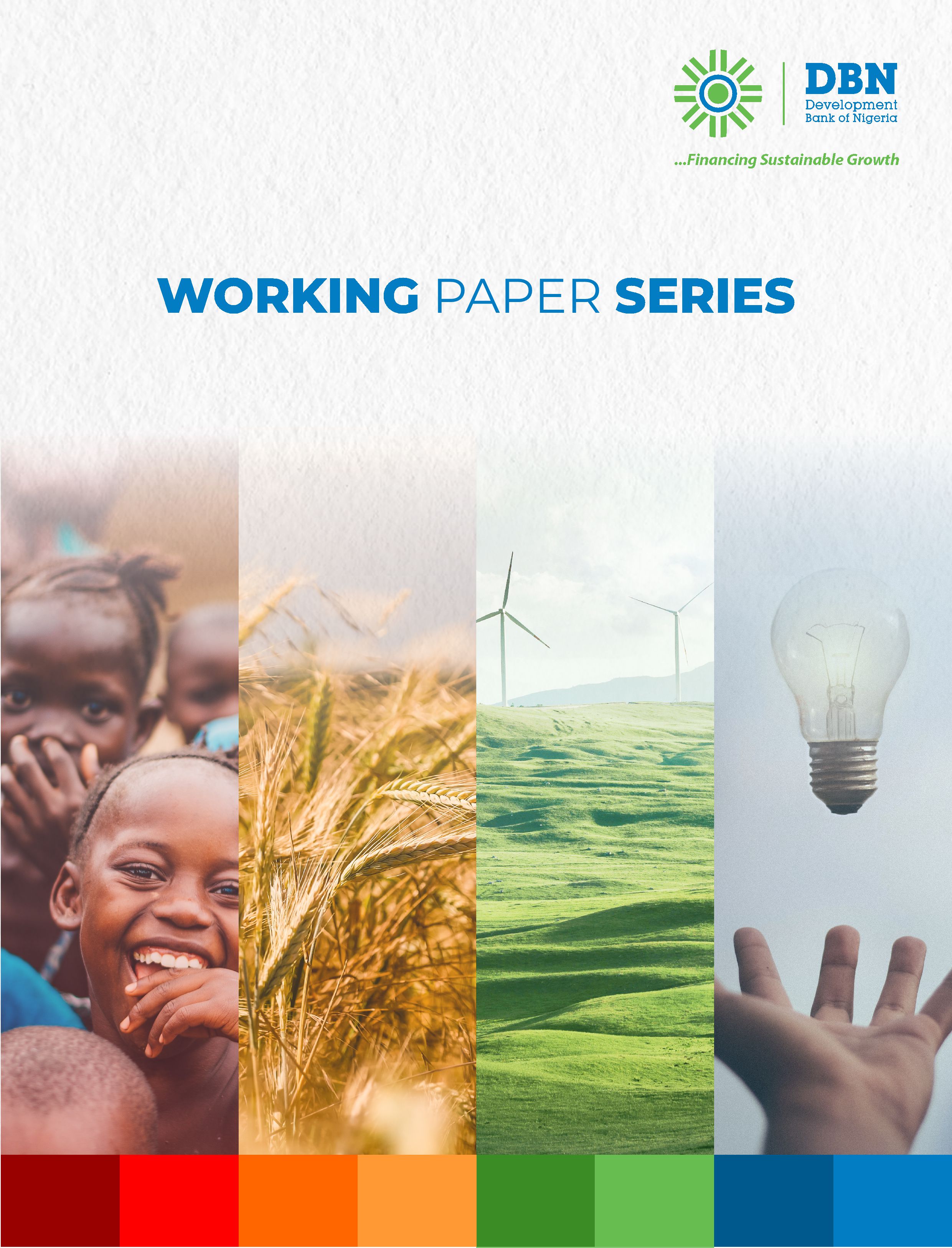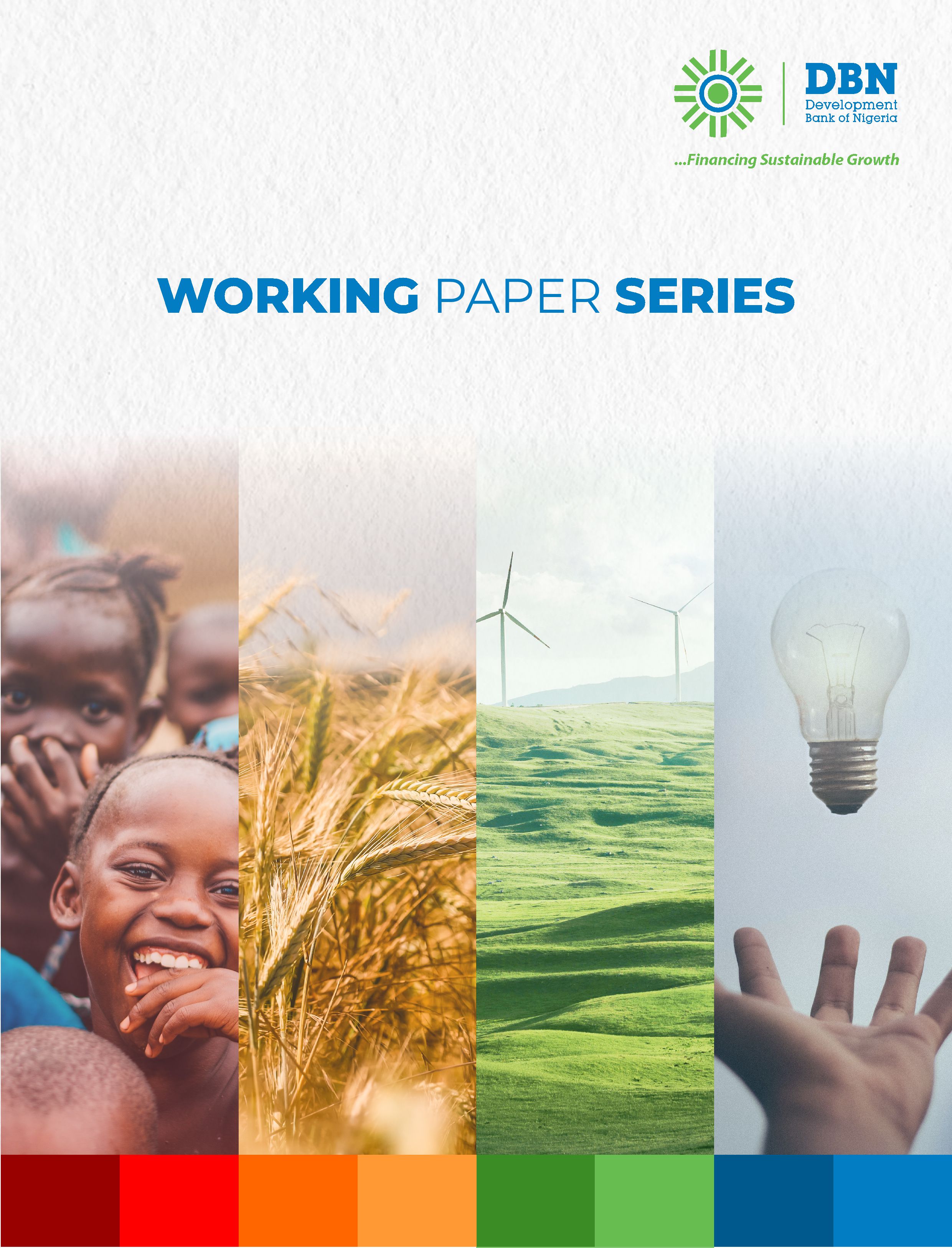
Publication Information
Published by: Admin
Published: 1 year ago
View: 268
Pages: 34
ISBN:
Abstract
The ICT-income inequality relationship and the governance quality-income inequality nexus have been investigated in recent years. However, the moderating effect of ICT on the governance quality-income inequality linkage has been largely ignored. To fill this gap in the literature, this study examines the moderating effect of ICT on the relationship between governance quality and income inequality for a panel of 42 sub-Saharan African economies over the period 1996-2020. To achieve this goal, the generalized method of moments (GMM) estimation technique has been adopted. The results reveal that while ICT contributes to the improvement of income distribution, governance quality contributes to the exacerbation of income inequality. Interestingly, the results unveil that the promotion of E-governance could contribute to improve social welfare and reduce income inequality. Policy implications are given based on the findings of this study. For instance, institutional reforms must be conducted by considering ICT as an important factor to improve income distribution.
Simplice A. Asongu Prof
Toyo A. M Dossou Mr
Emmanuelle Ndomandji Kambaye
Mesfin W. Berhe
Related Publications

VOLUME 6 ISSUE 3 2023
The role of mobile money innovations in transforming unemployed women to self-employed women in sub-Saharan Africa

VOLUME 6 ISSUE 3 2023
The Impact of National Home Grown School Feeding Programme (NHGSFP) on Rural Communities in Nigeria

VOLUME 6 ISSUE 3 2023
Microfinance institutions and female entrepreneurship in Sub-Saharan Africa: avoidable female unemployment thresholds
